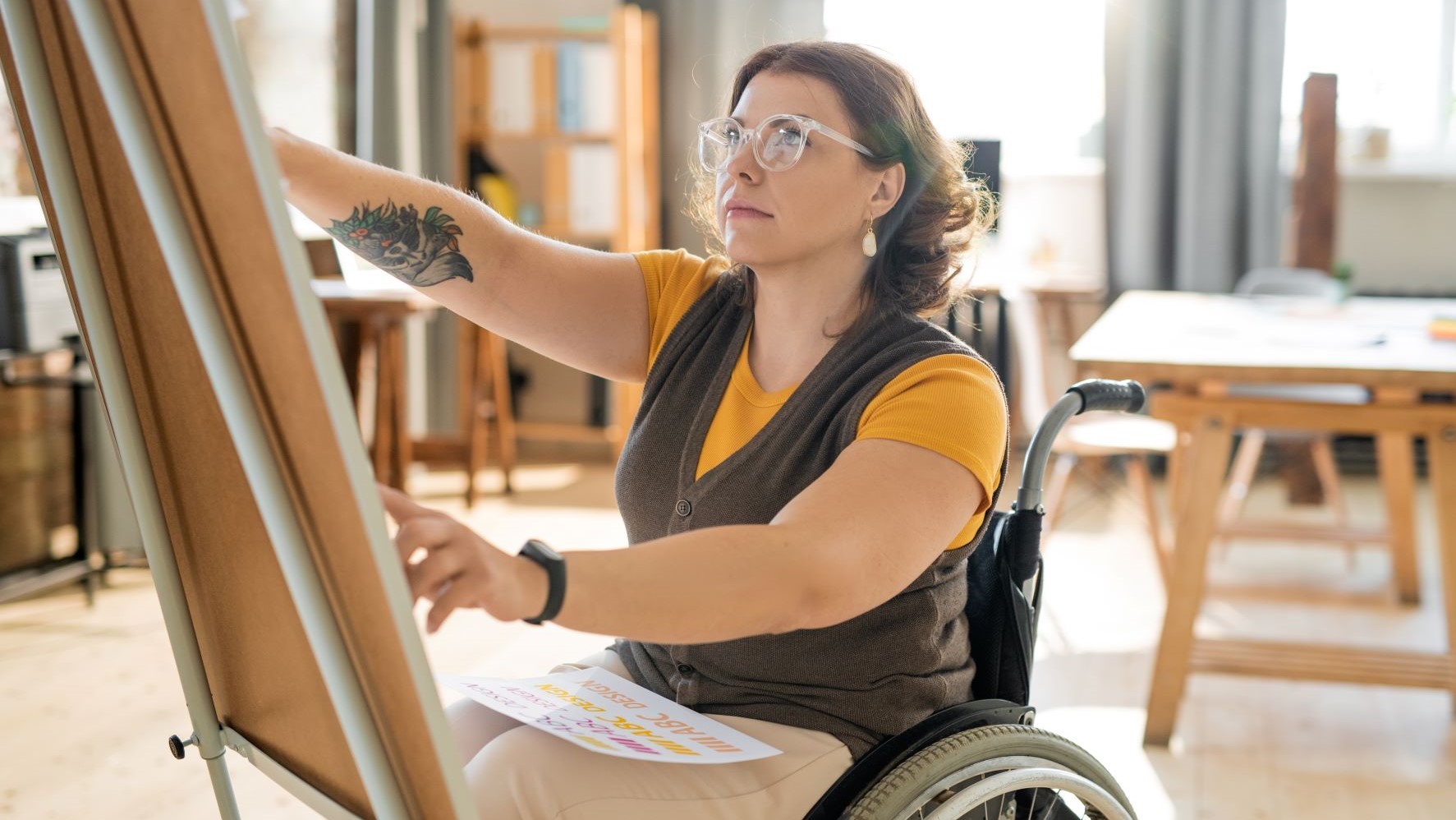Authors
Peggy Crawford , Psychologist & Linda Walls , Occupational Therapist
Close

2 Dec 2015 | ~3:32 Engagement Time
Some people with MS don’t have a support partner or caregiver in their lives. Some people fly solo by choice, some by circumstance, and others for a combination of reasons. In whichever way people find themselves flying solo with MS, it seems to help if they view this unanticipated life event as a series of challenges, rather than threats. MS provides an opportunity (and a kick in the butt) to pursue a healthier lifestyle, plan ahead, and exercise more control over various aspects of life.
Coping with MS in these proactive ways helps people maintain greater independence. During this process, many people discover strengths and abilities they didn’t know they had or that they under-appreciated. For example, people discover they are good problem-solvers who can deal with stressful situations in ways that build their self-confidence and self-efficacy over time. They work on being more assertive to cope with family and friends who may try to take over too much, too little, or not offer support at all.
While there are several potential benefits associated with flying solo, there are also some potential risks and vulnerabilities for physical, relationship, emotional, and financial health.
One of the common physical challenges is handling fatigue. Managing fatigue can be a challenge for anyone, but when they are managing on their own, developing an effective approach is important. There are simple concepts to help them be a good manager.
First, they need to take a good look at their lifestyle and how they spend their time. Then, people need to set priorities, organize themselves, and plan for those activities that are priorities. By recognizing abilities, building resources, and accepting adaptations, they can increase their sense of control and build confidence in their ability to fly solo with success.
Recognizing and accepting help are also important components of the plan, but for many people, asking for help is difficult. Even if someone is usually a good solo pilot, there are likely to be times when assistance from a good navigator and/or co-pilot could be helpful.
Asking for help can often feel risky because things may not be done to the soloist’s satisfaction, it feels like an indication of weakness, and is associated with loss of control. In fact, asking for help is a sign of strength and it’s an essential component of good MS management whether we’re talking about fatigue, relationships, mood, or finances.
Keep in mind that most people don’t know what a person with MS needs. As a result, they tend to either give lots of advice and suggestions or keep their distance. Those flying solo with MS can take control of this process by letting people know specifically what is needed (e.g., a ride to the grocery store once every couple of weeks, a second set of ears at an upcoming medical appointment, laundry carried from the basement) with forewarning whenever possible.
Help can come in many forms. Help can come from another person or help can come with the use of equipment or modifications to improve safety. Along with educating those around you, it is also important for a person to review their own safety risks.
Thinking about a fall that may have been experienced or potentially could have occurred, is a challenge. Be proactive, consider safety equipment in the bathroom, kitchen, and wherever there are steps. Consider talking to a rehabilitation professional for suggestions. The goal is to keep safe which will help keep a person independent.
Similarly, when it comes to emotional health, we know that people with MS are at greater risk for depression than those in the general population and those with other chronic diseases. This risk is likely to increase if people become socially isolated and use unhealthy ways such as eating, alcohol, and shopping to deal with their MS and other stressors.
Depression in MS usually doesn’t get better without treatment. There can be a lot of symptoms of depression. These can include loss of interest in pleasurable things, changes in sleep patterns, and prolonged feelings of sadness. Symptoms respond best to a combination of medication and counseling.
Many people identify relationships as the biggest source of stress in their lives and this is no different when living with MS. After MS is diagnosed, soloists often experience their relationships with family and friends as more challenging particularly if these people don’t understand much about their disease so some education might be helpful.
Starting new relationships and making decisions about disclosure can be really scary but worth trying. Remember that if a relationship seems worth pursuing, it’s worth disclosing MS. Solo does not necessarily mean alone! Although some people will be frightened off, others will not. In fact, many soloists with MS report they choose better partners and friends after MS.
People who do well during this solo flight share several characteristics. They have a plan that includes routines that are health-promoting and give them some control over their MS. They have attitudes and goals that are both realistic and optimistic. They are flexible and willing to plan a new course, including asking for help, when turbulence occurs.
Keep Learning